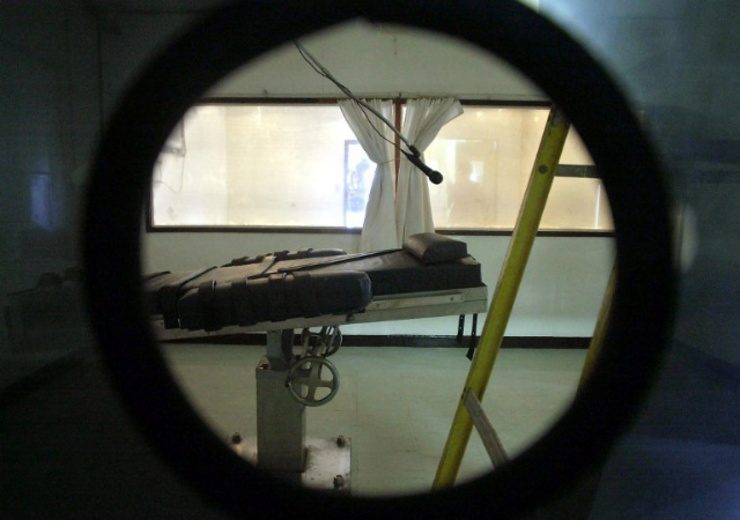SUMMARY
This is AI generated summarization, which may have errors. For context, always refer to the full article.

MANILA, Philippines – While the Philippine Senate revived the debate on capital punishment, Philippine Foreign Secretary Albert del Rosario signed a historic declaration on Friday, October 10, against the death penalty.
In their joint declaration, the Philippines and 11 other countries said: “We respect the views of those who still support the use of the death penalty, and we believe that everyone has a right to be protected from violent crime. However, we consider that state executions should not be taking place in the 21st century. Modern justice systems must aspire to more than retribution.”
October 10, when the declaration was signed, was the World Day against the Death Penalty.
Calling the declaration a “political pronouncement,” the Philippine Department of Foreign Affairs (DFA) said Philippine laws “underline its policy” against capital punishment.
The 12 countries raised common arguments against the death penalty, such as the lack of evidence that executions “deter or prevent crime.” (READ: Philippine bishops: Death penalty ‘self-contradictory’)
“No justice system can ever be guaranteed free from error, meaning that death sentences may cause the innocent to be put to death. Often, capital sentences are disproportionately imposed on poor, vulnerable and marginalized persons, aggravating discrimination against the weakest in society,” the signatories said.
“Finally, the capital sentence provides victims of crime and their families neither with commensurate compensation nor with spiritual relief. On the contrary, state killing results in more hatred and violence – the exact opposite of what modern justice systems should be trying to achieve,” they added.
Like Del Rosario, the following foreign ministers signed the declaration:
-
Héctor Marcos Timerman of Argentina
-
Julie Bishop of Australia
-
Nassirou Bako Arifari of Benin
-
Djibrill Yipènè Bassolé of Burkina Faso
-
Duly Brutus of Haiti
-
José Antonio Meade Kuribreña of Mexico
-
Luvsanvandan Bold of Mongolia
-
Børge Brende of Norway
-
Didier Burkhalter of Switzerland
-
Mevlüt Çavuşoğlu of Turkey
-
Philip Hammond of the United Kingdom
Sotto pushes for death penalty
The declaration came as the Philippine Senate is set to discuss the death penalty again.
On September 23, Senator Vicente “Tito” Sotto III said the Philippines should revive the death penalty because “the next crime may be nearer to our homes, if not yet there.”
Philippine President Benigno Aquino III himself, however, said he is reluctant to consider reviving the death penalty.
In its statement on Friday, the DFA cited Section 11, Article 11 of the Philippines’ 1987 Constitution: “The State values the dignity of every human person and guarantees full respect for human rights” while Section 19 provides that “Excessive fines shall not be imposed.. Neither shall the death penalty be imposed.”
It said the Southeast Asian country also enacted Republic Act 9346, or An Act Prohibiting the Imposition of the Death Penalty in the Philippines, in 2006.
“The Philippines believes that imposing the death penalty cannot fully deter crime, and that the deterrence to criminality is a combination of several factors, such as an empowered citizenry, a skilled and trusted law enforcement sector, an effective prosecutorial service, and an independent judiciary,” the DFA said. – Rappler.com
Add a comment
How does this make you feel?
There are no comments yet. Add your comment to start the conversation.